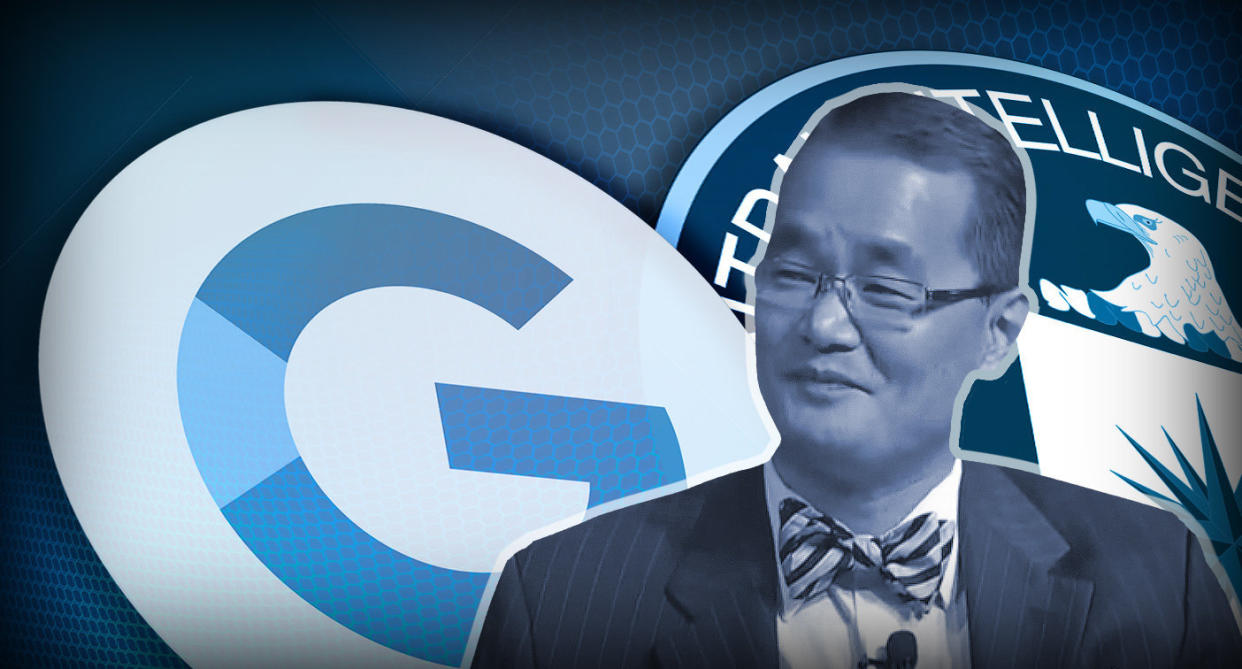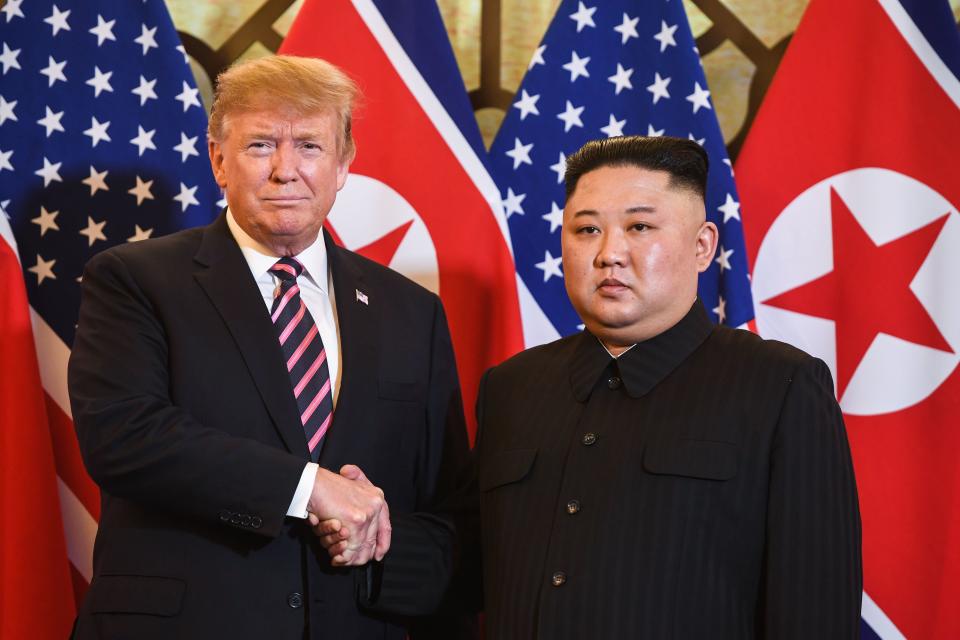Amid nuclear deadlock, top CIA official on Korea leaves for Google

A senior official at the CIA’s Korea Mission Center is leaving the agency to work for Google in Asia, according to two sources directly familiar with the matter, marking the second high-ranking employee to leave the division amid high-level talks between U.S. and North Korean officials on denuclearization.
Yong Suk Lee, the deputy assistant director of the Korea Mission Center, is highly respected within the Korea-watchers community as well as the intelligence community. Lee is “an institution” and his departure will be a “huge loss,” said one former CIA officer familiar with his work.
There was no indication Lee was leaving because of any tensions or problems with ongoing negotiations. But the former official, who requested anonymity to speak candidly, said Lee is the latest in a string of departures from the agency toward technology companies.
“Yong is excited to move to Singapore to work for Google Asia,” said a second person familiar with his new role.
Andy Kim, the former director of the center, retired in November and recently joined Stanford University as a visiting scholar. Kim declined an interview request, according to Stanford.
John Fleming, a career CIA officer, has taken over as head of the Korea Mission Center, according to the CIA.
“John Fleming has nearly three decades of CIA experience and shaped the Korea Mission Center — working with Andy Kim — since its inception in 2017,” wrote CIA spokesperson Tim Barrett in an email to Yahoo News. “In addition to his years on the North Korea issue, he also worked on CIA’s support to previous high-stakes negotiations in other regions.”
Google declined to comment.
Since the CIA established the Korea Mission Center in May 2017 to focus on “addressing the nuclear and ballistic missile threat posed by North Korea,” it has been supplying frequent intelligence updates to President Trump — who has vacillated between “fire and fury” and “love” toward North Korean leader Kim Jong Un. At the most recent summit in Hanoi, Vietnam, Trump left early after negotiations stalled.
North Korea’s isolation, geography and lack of internet connectivity has made it one of intelligence community’s most difficult targets. The United States does not have an official diplomatic presence in Pyongyang, making the CIA even more critical in assessing the regime’s intentions.
Lee, famous at the agency for his bow ties, appeared in public to provide remarks in October 2017 at George Washington University’s annual “Ethos and Profession of Intelligence” conference. Lee, the current deputy assistant director of the Korea Mission Center and a top analyst, told the audience that the CIA does not believe Kim is a “madman” and rather has a “clarity of purpose” in his behavior.

“The last person who wants conflict” in the region “is actually Kim Jong Un,” said Lee, who has studied North Korea for more than 25 years.
The intelligence community has for several years now had to compete with tech giants, which offer significantly higher salaries than the government and the chance to step out of the shadows. Increasingly, private companies are able to compete with the government in satellite imagery analysis and threat intelligence work in ways previously considered impossible due to resource constraints and availability of advanced technology.
The former official familiar with Lee’s departure suggested it’s possible the departing agency official was eager to work with a former colleague who is already at Google: Deborah Wituski, the former director of analytic resources in the CIA’s Office of Near Eastern and South Asian Analysis.
Top intelligence officials in recent years have stressed the importance of technology companies working closely with the intelligence community, and allowing a flow of talent between the two sectors. Sue Gordon, the principal deputy director of national intelligence and the person who came up with the idea for In-Q-Tel, the CIA’s venture capital arm, has spoken about the topic frequently.
Kim, the former head of the center, was often seen on the sidelines of talks with North Korean officials, traveling with Secretary of State Mike Pompeo. While the intelligence community is typically further in the background for high-level diplomatic talks, the decision to more openly include them at the table is not unprecedented.
As CIA director, George Tenet was deeply engaged in the security side of Israeli-Palestinian negotiations during his tenure, for example, according to his account of events in his book, “At the Center of the Storm.”
A second former agency official told Yahoo News that Lee’s departure was likely a matter of time. “Reaching that level of policy involvement is usually an indicator you’re about done,” the official said.
_____
Read more from Yahoo News:



